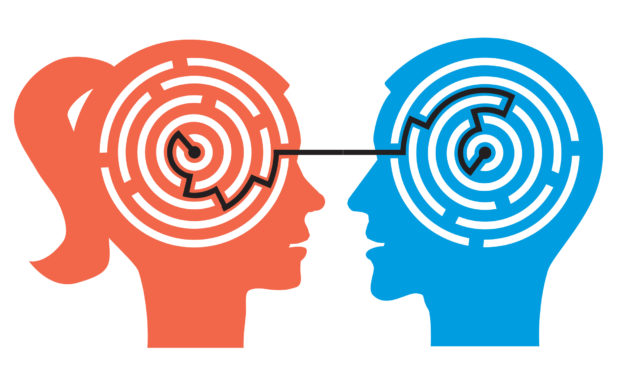One of the best feelings is forward momentum.
Another good feeling is being in control.
Not control-freak control, but a feeling of control over your life.
Of being at cause, instead of having to always respond.
When I was in high school I worked a lot of retail.
Mostly food.
It was fun, in that there were plenty of kids my own age.
And when there was a rush (lunchtime or dinner) it was pretty cool.
It was super busy, the time went by pretty quickly.
And it felt good to get through the rush.
One of the reasons it was so cool was it was temporary.
It would maybe last an hour or two.
The orders would come quick and relentlessly.
We’d be running around trying to keep up.
It was the kind of challenge that feels good.
The right combination of external pressure, internal focus, teamwork, and a genuine appreciation from management once we were done.
Underlying all of this was the sense it was out of our control.
Meaning once the crowd came, we were utterly dependent on forces outside of us.
“Reality” would demand a response from us, and we had to keep up.
Doing this once per shift for a couple hours is pretty cool.
But living your life like this is horrible.
Always feeling that you are “on call” to whatever is outside and more powerful than you.
And if you don’t perform “correctly” you’re going to get into trouble.
This is the kind of thing that makes one feel trapped and hopeless.
This is why people always figure out ways to carve out private time to work on private things.
It’s another reason why people practice partial arts.
Even if they NEVER intend to use them outside of the training room, it FEELS like they are building up the skills to fight back.
Even if it’s just a mental knowing of a certain level of skill, it makes one feel MUCH LESS like they are always an effect, rather than a cause.
Just knowing you have a certain level of skills will help you feel much more like a cause in more places.
And that feeling will inform your body language and non-verbal communication.
Which will invite a completely different response from others.
And if you ever DO need to use these defensive skills?
They’ll know what hit them.
Learn More:








